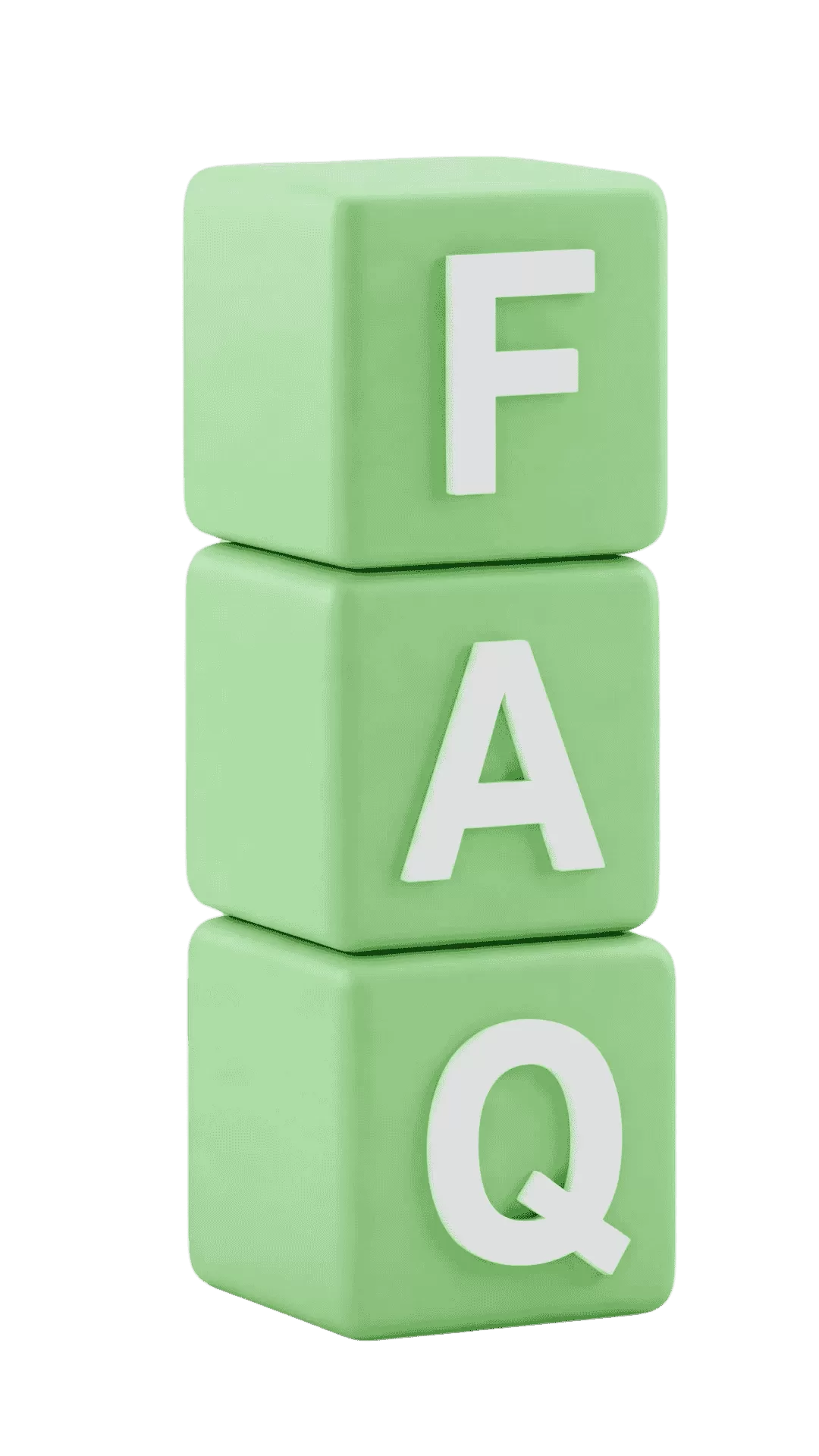1.1: The Skeletal System
1.2: The Muscular System
2.1: Structure and Function of the Ventilatory System
2.2: Structure and Function of the Cardiovascular System
3.1: Nutrition
3.2: Carbohydrate and Fat Metabolism
3.3: Nutrition and Energy System
4.1: Neuromuscular Function
4.2: Joint and Movement Type
4.3: Fundamentals of Biomechanics
5.1: The Characteristics and Classification of Skill
5.2: Information Processing
5.3: Principles of Skill Learning
6.1: Statistical Analysis
6.2: Study Design
6.3: Components of Fitness
6.4: Principles of Training Programme Design
7.1: The Skin System
7.2: Structure and Function of the Brain
8.1: Endocrine Organ and Hormones
9.1: Understanding Fatigue
10.1: Friction
10.2: Friction in Sports
10.3: Drag
10.4: Drag in Sports
10.5: Analyzing Forces in Sports
11.1: Pedagogy for Skill Acquisition
11.2: Notation and Analysis
12.1: Role of Genes in Inheritance
13.1: Immune System
13.2: Exercise and Immune System Interaction
13.3: Strategies to Minimize Infection Risk
14.1: Training
14.2: Environmental Factors and Physical Performance
14.3: Non-Nutritional Ergogenic Aids
14.4: Recovery from Sports and Exercise
14.5: Training and Performance at Altitude
15.1: Individual Differences
15.2: Motivation
15.3: Arousal, Stress and Anxiety
15.4: Psychological Skills Training
15.5: Talent identification and Development
15.6: Self-determination Theory and Self-regylated Learning
16.1: Hypokinetic Disease
16.2: Cardiovascular Disease
16.3: Physical Activity and Obesity
16.4: Physical Activity and Type 2 Diabetes
16.5: Physical Activity and Bone Health
16.6: Prescription of Exercise for Health
16.7: Exercise and Psychological Well-Being
16.8: Public Health
16.9: Injury and Hazards
17.1: Digestion and Absorption
17.2: Water and Electrolyte Balance
17.3: Energy Balance and Body Composition
17.4: Nutritional Strategies
17.5: Glucose Uptake
17.6: The Effects of Alcohol on Performance and Health
17.7: Antioxidants
Identify strengths, weaknesses, and needs.
Set academic goals with a clear learning roadmap.
Develop a detailed and structured study plan.
Teachers provide close guidance and adapt flexibly to maximize learning outcomes.
Identify strengths, weaknesses, and needs.

Set academic goals with a clear learning roadmap.

Develop a detailed and structured study plan.

Teachers provide close guidance and adapt flexibly to maximize learning outcomes.

Teaches:
Curriculum:

Teaches:
Curriculum:

Teaches:
Curriculum:

Teaches:
Curriculum:

Teaches:
Curriculum:

Teaches:
Curriculum:

Teaches:
Curriculum:

Teaches:
Curriculum:
| Condition / Feature | Standard | Premium | Platinum |
|---|---|---|---|
| 🌟Target Score Commitment | ❌ | ❌ | ✅ |
| Worksheets and Lesson Notes | ✅ | ✅ | ✅ |
| In-class Exercises and Solutions | ✅ | ✅ | ✅ |
| Extra Homework | ✅ | ✅ | ✅ |
| Exam-style and Past Papers | ✅ | ✅ | ✅ |
| Question Bank | ✅ | ✅ | ✅ |
| Saturday Morning Homework Support | ❌ | ✅ | ✅ |
| Fixed Teacher | ❌ | ✅ | ✅ |
| Support for IA, EE, TOK | ❌ | ✅ | ✅ |
| After-hours Message Response (until 9:30 PM) | ❌ | ✅ | ✅ |
| Initial Teacher & Student Meeting (Welcome Meeting) | ✅ | ✅ | ✅ |
| Teacher & Parent Conference | ❌ | ✅ | ✅ |
| Periodic Academic Reports | ✅ | ✅ | ✅ |
| Teacher's Feedback and Evaluation After Each Class | ✅ | ✅ | ✅ |
| Rescheduling Policy (Notice within working hours) | 24 hours | 12 hours | 06 hours |
| Exam Pass Commitment | ✅ | ✅ | ✅ |
Do not hesitate to contact Intertu


191 Nguyen Van Huong Street, Thao Dien Ward, Thu Duc City, Ho Chi Minh City
info@intertu.edu.vn
Phone : (028) 22426282 Zalo : 0971515265
Liên hệ ngay